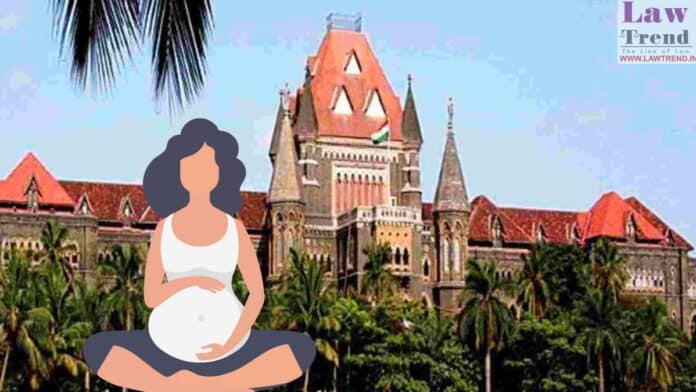In a significant ruling, the Bombay High Court has permitted a 24-year-old woman suffering from advanced pancreatic cancer to undergo medical termination of her 25-26 week pregnancy. The judgment was delivered on July 3, 2024, by a division bench comprising Justice A.S. Gadkari and Justice Dr. Neela Gokhale in Criminal Writ Petition No. 2794 of
To Read More Please Subscribe to VIP Membership for Unlimited Access to All the Articles, Download Available Copies of Judgments/Order, Acess to Central/State Bare Acts, Advertisement Free Content, Access to More than 4000 Legal Drafts( Readymade Editable Formats of Suits, Petitions, Writs, Legal Notices, Divorce Petitions, 138 Notices, Bail Applications etc.) in Hindi and English.




